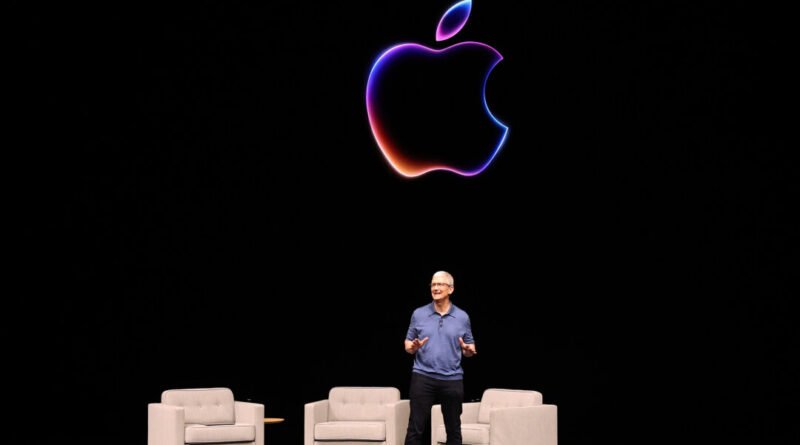Apple Sidesteps EU Penalties by Allowing Competitors Access to Contactless Payments
The technology was previously restricted to Apple Pay, blocking other mobile wallets from accessing it.
Apple has avoided hefty fines in a European Union antitrust investigation by agreeing to make its contactless payment technology on iOS devices available to competing digital wallets.
In 2020, the European Commission initiated a probe into Apple’s “Tap and Go” service. This feature allows Apple device users to make contactless payments in stores using near-field-communication (NFC) technologies. Apple had limited access to the NFC feature on iOS devices only to Apple Pay users, excluding other mobile wallets.
The European Commission found that “Apple abused its dominant position by denying access to the NFC input on iOS to competing mobile wallet developers while giving exclusive access to Apple Pay,” as stated in a press release on July 11.
Apple’s actions restricted competition and innovation in the market, resulting in limited choices for iPhone mobile wallet users.
To address the Commission’s concerns, Apple made commitments, including providing third-party wallet providers access to the NFC input on iOS devices at no cost.
The European Commission confirmed that Apple’s commitments are binding under EU antitrust regulations.
If Apple fails to fulfill its commitments, the Commission can impose fines of up to 10% of the company’s annual revenue. Apple generated over $383 billion in revenue in the 12 months ending in September 2023.
Alternatively, a penalty of 5% of the company’s daily turnover may be charged for each day of noncompliance.
“Apple has agreed to grant rivals access to the ‘tap and go’ technology of iPhones. Today’s decision enforces Apple’s commitments, promoting competition by allowing other mobile wallets to operate on the iPhone’s ecosystem,” stated Margrethe Vestager, executive vice-president overseeing competition policy.
“This will give consumers a wider selection of secure and innovative mobile wallets to choose from when making payments.”
The European Commission assessed Apple’s commitments from Jan. 19 to Feb. 19 and confirmed that the new policies addressed concerns of third parties. Therefore, they have been made legally binding.
The commitments will be valid for 10 years across the European Economic Area, with ongoing monitoring of their implementation.
Apple’s Regulatory Conflicts
The EU’s ruling on Tap and Go coincides with the Commission fining Apple more than 1.8 billion euros (about $1.95 billion) for allegedly engaging in “unfair trading” practices that limited choices for iOS users.
In a separate investigation into Apple’s music streaming policies, the Commission found that Apple’s restrictions on informing users about alternative services led to higher subscription prices and imposed the significant fine due to non-quantifiable harm to customers.
Apple is also facing allegations of violating digital market regulations in the US, with the Department of Justice and multiple states accusing the company of maintaining a smartphone monopoly through restrictive practices.
Apple has defended its policies, emphasizing that they enable the creation of cutting-edge technology and warning that government intervention could hinder innovation and technology development.





